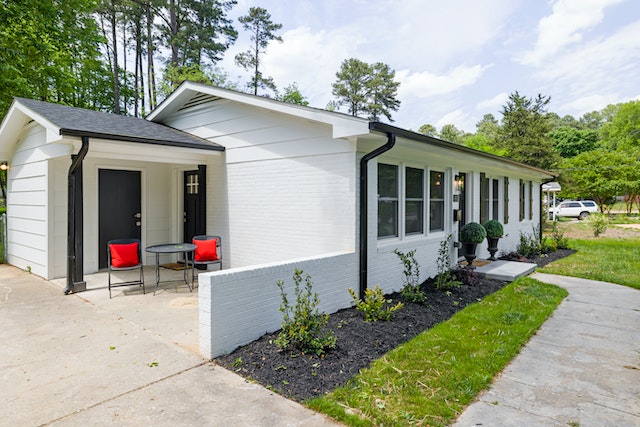
The New Zealand housing market slumps experiencing a significant downturn in June, with the nationwide median sale price dropping by 1.3% year-on-year and house sales plummeting by 25.6% over the same period. Data from the Real Estate Institute of New Zealand reveals that this marks the worst sales count for a June month since 2008, with Auckland experiencing its worst June on record.
This slump in the market is attributed to a surge in listings at the start of the year, effectively shifting the market from a seller’s market to a buyer’s market. This is in stark contrast to the situation in Australia, where house prices continue to rise despite increased stock levels, driven by factors such as strong population growth, a tight rental market, and a chronic shortage of new housing due to a lack of new construction.
Experts suggest that confidence in the Australian economy and continued strong net migration have contributed to the divergence in the housing markets of the two countries. Additionally, active investors fueled by tax breaks are playing a significant role in driving up house prices in Australia.
The decline in homeownership rates in New Zealand is another concerning trend. A recent Deloitte report commissioned by Westpac indicates that fewer than 60% of New Zealanders currently own their homes, a number projected to decline further based on current trends. The report highlights shared home ownership options as a potential solution, with Westpac announcing a target of lending $1 billion to affordable housing solutions over the next three years.
While some New Zealanders are opting to relocate to Australia, they may face similar challenges in a tough housing market there as well. The rising cost of living and housing affordability issues are increasingly affecting younger generations in both countries.
Despite the current slump in New Zealand’s housing market, experts are not predicting a similar downturn in Australia. The prevailing sentiment suggests that Australian house prices are unlikely to experience a significant decline, even with interest rates potentially peaking.



